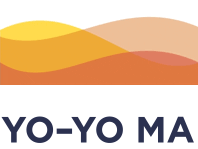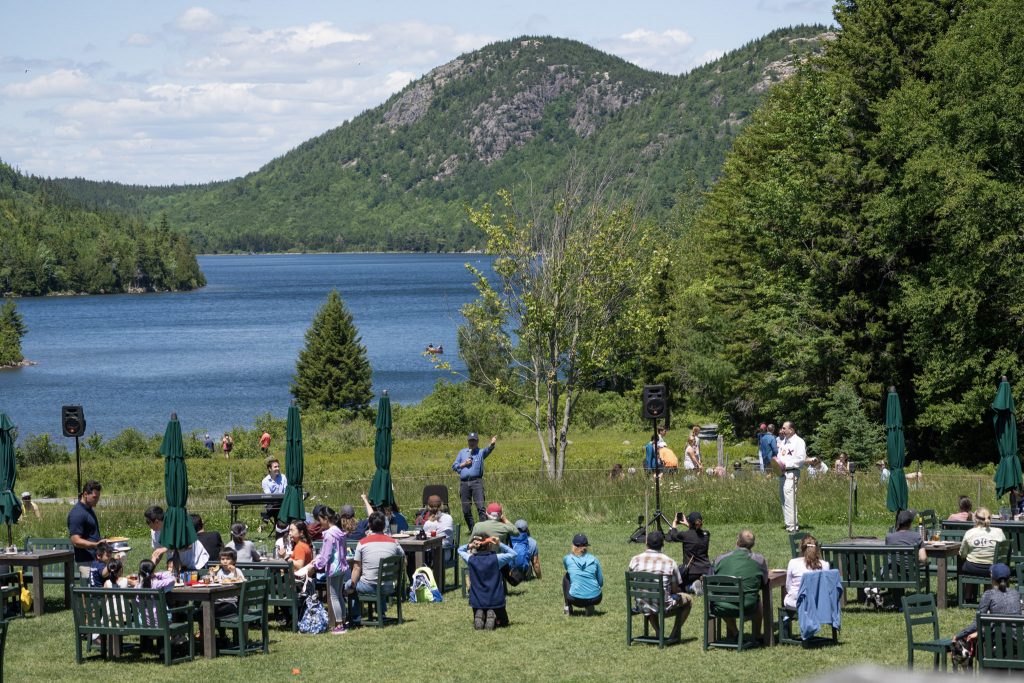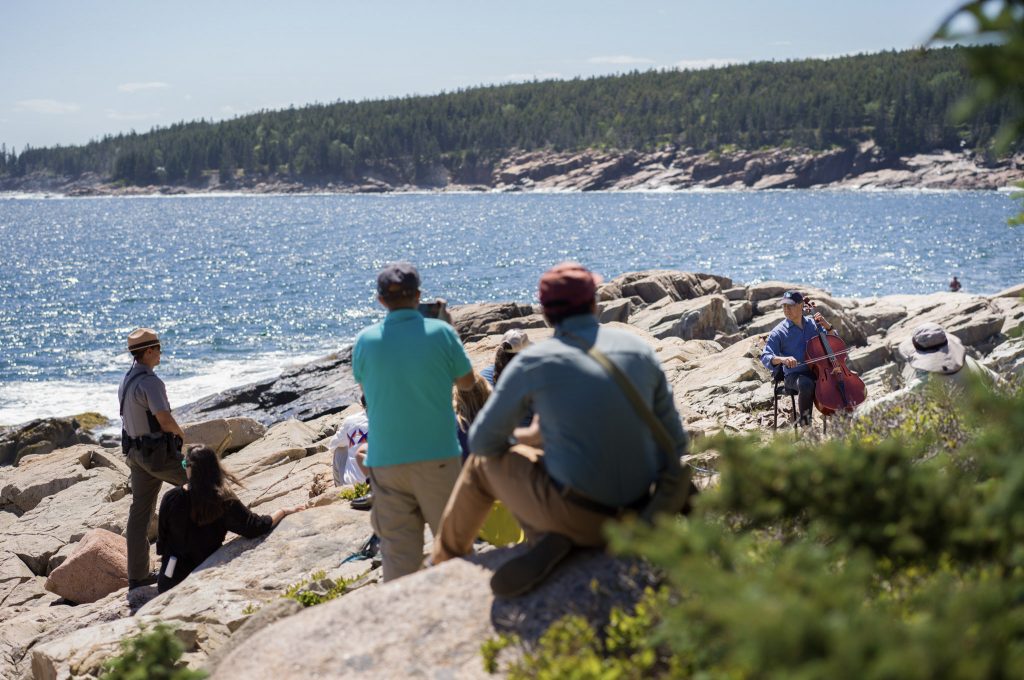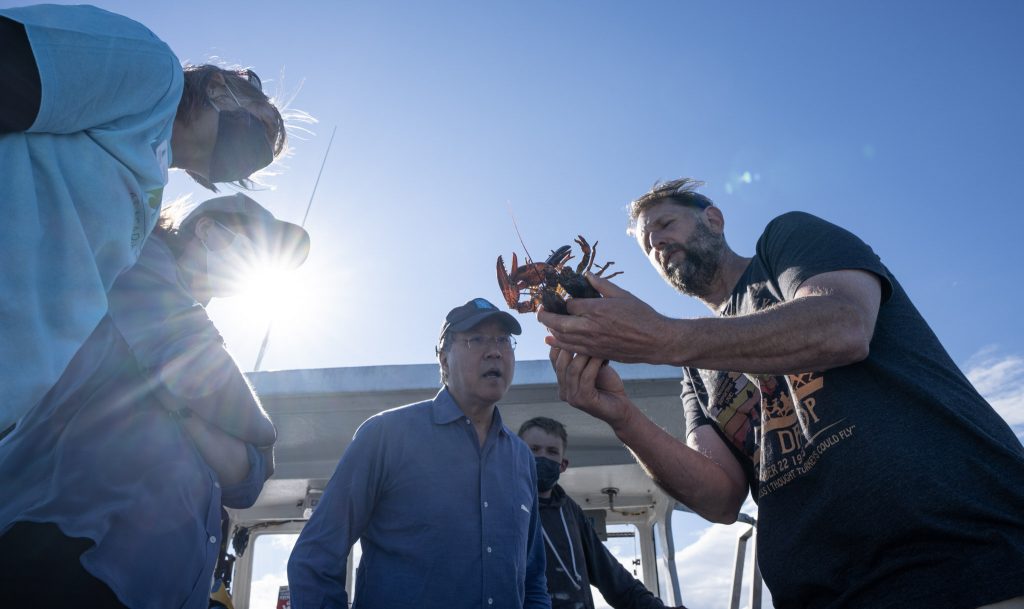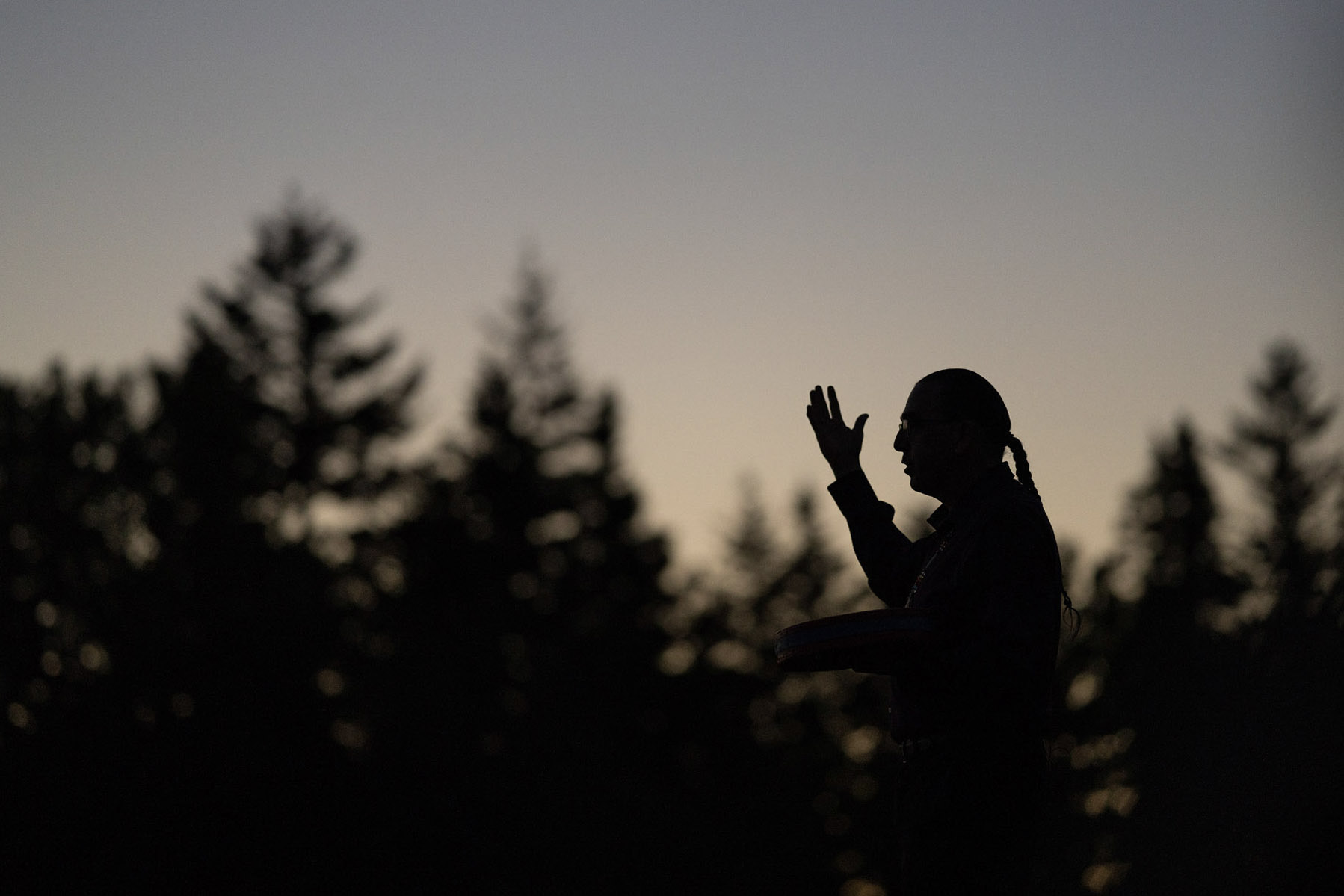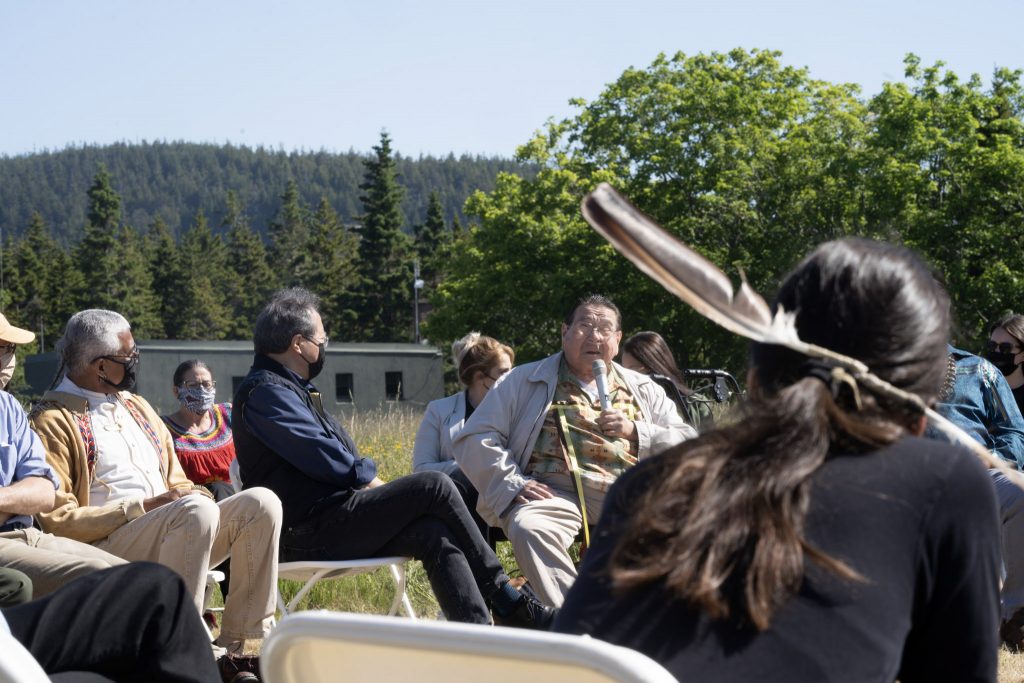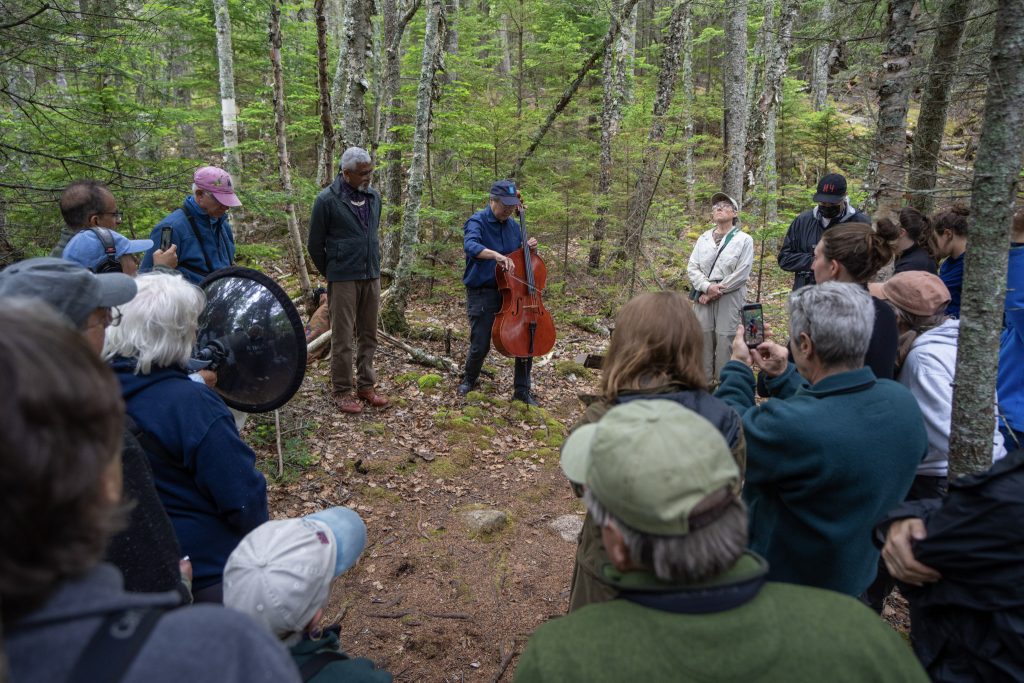How can culture help us strengthen our relationship to nature and to each other? How can these relationships bring us hope and wisdom as we imagine and build our future?
The Wabanaki peoples have lived in the land we call Maine for millennia. The roots of the word Wabanaki can be found in the Passamaquoddy word Ckuwaponahkiyik, or “people from the land where the sun rises.” As the people of the dawnland, they consider it their responsibility to welcome the sun for the rest of the continent.
Today, as we navigate a new relationship to each other and to the natural world emerging from a global pandemic, we turn to our indigenous neighbors to guide us and give us hope. Just before the summer solstice, Yo-Yo Ma, artists, scientists, and Acadia National Park joined with the Wabanaki peoples to offer a gesture toward a new beginning, exploring how the intersection of nature and culture can help us shape a better future.
A film documenting the experience is coming soon. Weckuwapok (The Approaching Dawn) is part of the Reciprocity Project, a short film series co-produced by Nia Tero & Upstander Project.
Surprise Pop-up Concert at Jordan Pond (Mount Desert Island)
Yo-Yo joined pianist and software engineer Solon Gordon, Wabanaki artists, the National Park Service and celebrated composer Anna Clyne to explore nature’s influence on music throughout history and, at this idyllic lake formed by a glacier thousands of years ago, the lessons that culture and nature can teach us about humanity’s relationship to time.
Pop-up for the ocean (Otter Point, Mount Desert Island)
Yo-Yo explored our relationship to the powerful force of the ocean in a performance of Bach’s Cello Suite No. 3 at this iconic landmark known for its amazing natural displays where water meets rock, and stunning views of the Maine coast.
Pop-up for fish and fishermen (Prospect Harbor)
Two generations of lobster fishermen, local science educators and Wabanaki teachers met Yo-Yo to explore our interdependence on fish, shellfish and intertidal ecosystems, and the Maine cultural traditions that connect us with these amazing creatures of the ocean.
Sunrise performance (Schoodic Point)
Yo-Yo joinsed Wabanaki elders, musicians and storytellers in their centuries-old tradition of playing in the dawn. Wabanaki voices and instruments played in the sunrise in a gesture of putting the difficulties of the past behind us, and bringing hope as the new day rises over Turtle Island and the North American continent. Non-indigenous artists joined with the Wabanaki to celebrate all of us joining together to follow the wisdom of nature and indigenous peoples as we emerge into the next chapter of the pandemic and humanity’s future.
Talking circle with artist and guests
The talking circle is a traditional way for Wabanaki people to deal with issues. Wabanaki culture keepers came together with local community leaders of culture, nature, arts, and science and Yo-Yo Ma to discuss how nature and culture can have a stronger relationship moving forward, in order to protect the future of humanity and the planet.
Pop-up for birds (Schoodic)
Yo-Yo Ma joined Grammy-nominated composer Anna Clyne to premiere a new piece for cello and bird song in the woods of the Schoodic Peninsula, for a small private audience of citizen scientist bird recorders and bird watchers. Accompanied by Schoodic Institute Bird Ecologist Seth Benz, Acadia National Park Ornithologist Patrick Kark, and local flutist Hawk Henries.

